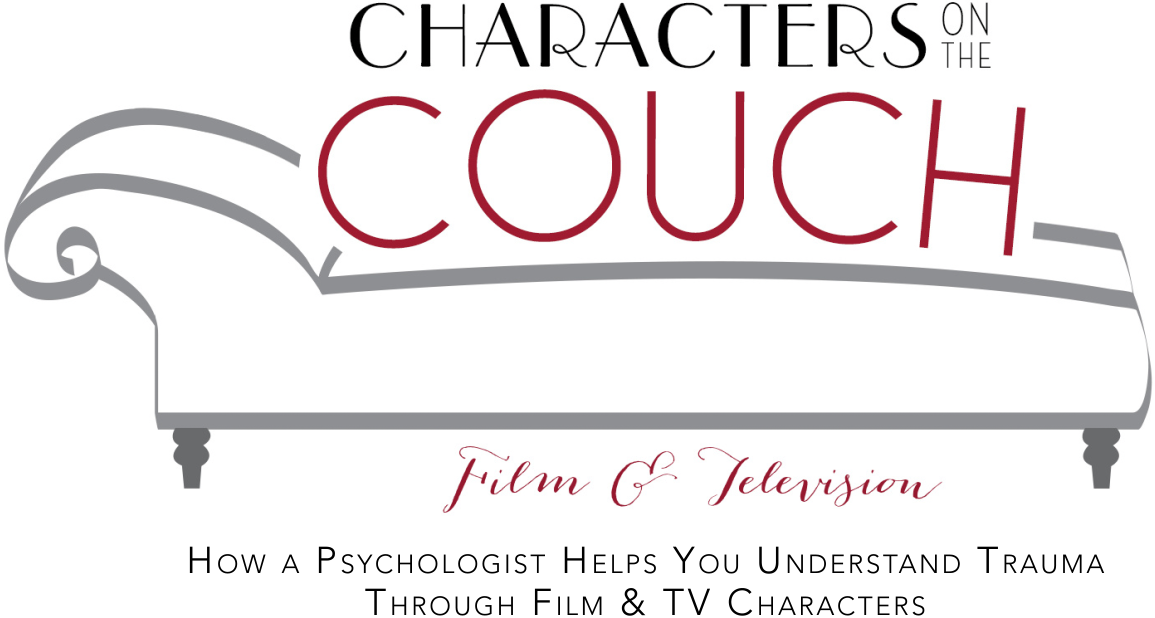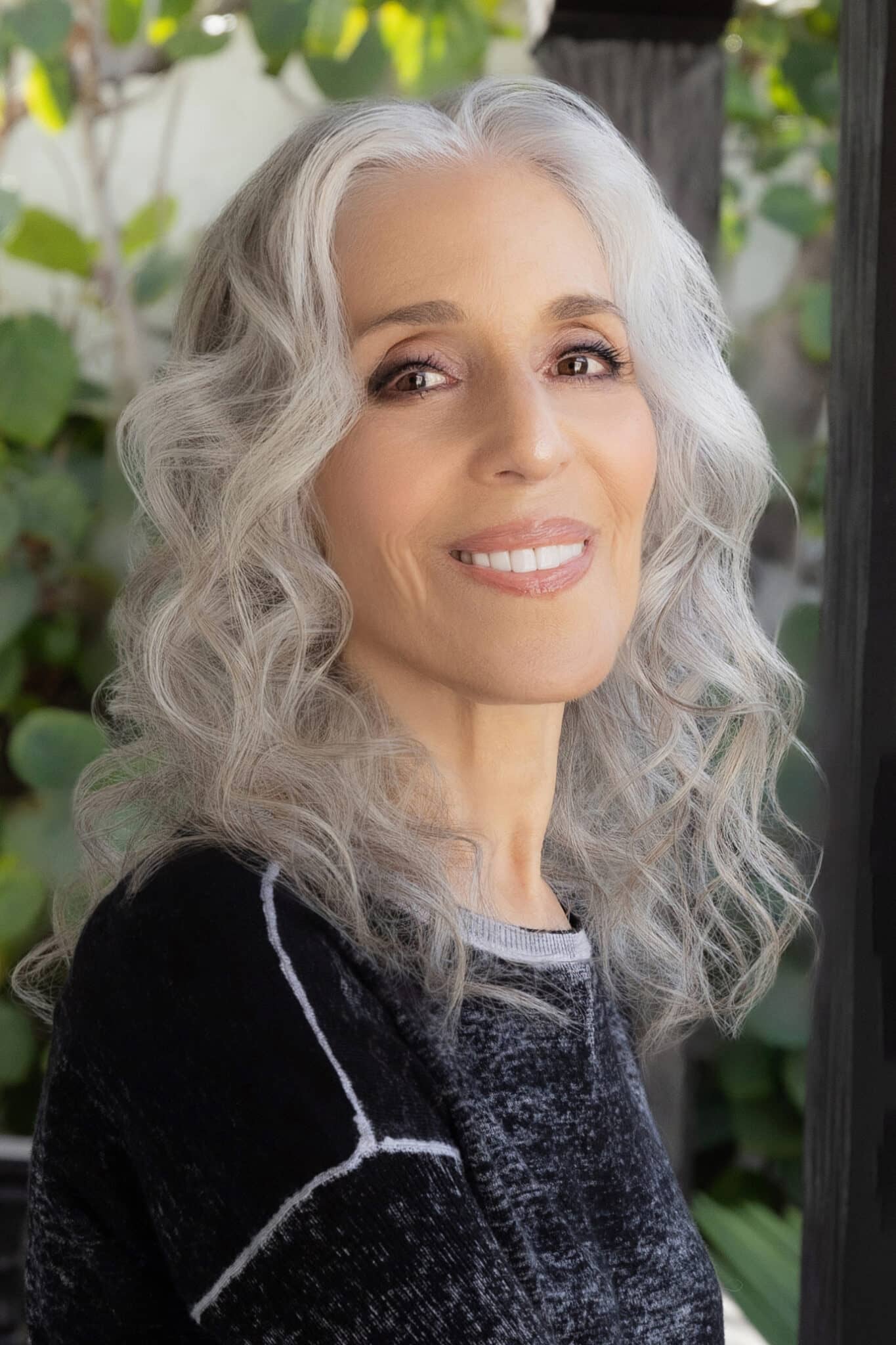

I'm Dr. Sandra E. Cohen. Welcome to Characters On The Couch, my Film and TV blog.
As a backdrop to my writings, I'm a certified psychoanalyst and licensed clinical psychologist with a private practice in Beverly Hills, California. I am also a Training and Supervising Analyst at the Psychoanalytic Center of California in Los Angeles.
In my 40-plus years of practice, I've developed areas of specialization in childhood trauma; sexual abuse; persistent depression and grief; eating disorders, including anorexia and bulimia, restrictive or overeating; anxiety, OCD and panic attacks; perversions; psychotic and borderline disorders; dissociative states; and creative blocks.
I love my work. And, I love helping those who come to see me. Understanding the complex feeling-states that create symptoms is like working out a puzzle. Since I also love to write, I have always tried to reach out to those searching for answers to understand themselves more deeply in other ways than coming to psychotherapy.
Film is the perfect medium for me to write about many psychological states. In films, we see characters suffering the effects of traumas or difficult family histories, expressing complicated behaviors, suffering losses, and finding love or not. They endure and bring to the screen the kinds of problems many of us ordinary people have.
My Interest In Film
I began to write about film characters many years ago when I watched the first six episodes of Star Wars over and over with my kids. As a psychologist and psychoanalyst, I became intrigued by what led Anakin Skywalker to turn to the Dark Side and ultimately become Darth Vader.
Did you ever wonder why Anakin couldn’t resist the seductions of Chancellor Palpatine (AKA Darth Sidious)? We can judge him for “making that choice,” but it isn’t so simple. Any more than any of the “bad decisions” we or others make for reasons that seem just plain wrong.
None of us do it on purpose. There are unconscious reasons, even if we aren’t aware of them. One of my specialties is childhood trauma. And, for Anakin, turning to the Dark Side was motivated by a desperate need for power over his terror of loss. We see these complex unconscious motivations in many characters. They can help us see our own.
Film Characters Bring Us To Ourselves

Film and TV characters almost invariably depict real human problems with startling accuracy.
Like you, I’m drawn to film and TV characters because they almost invariably depict real human problems with startling accuracy. Much of what I see and think about in my work is on the screen. If we look deeply into the psyches of these characters, they have much to teach us about ourselves and those we know and love.
Like Anakin Skywalker, we watch characters struggling with difficult pasts and we see something of our feelings and reactions that we couldn’t see before. We watch love situations that don’t work. Feel sad for their (and our) losses and understand more deeply what we feel.
We watch characters get into trouble because of their traumas. Remember Bradley Cooper’s character, Jackson Maine in A Star Is Born? It wasn’t Jackson's drinking that caused his downfall and suicide. He drank because of his infant trauma, the loss of his mother at birth, and his fear of Ally (Lady Gaga) leaving him too.
We watch anger we aren’t allowed. Ms. Sofia in Alfonso Cuaron’s Roma is a good example. She rages, blames others, and becomes abusive as a way to avoid her hurt and grief at her husband’s betrayal. We see her maid, Cleo’s numbness as a different reaction to hurt and loss. We know their grief and come more openly into our own.
Films permit us to feel feelings we don’t think are allowed. We can want what we don’t have. Or see more clearly what gets in the way. Yorgos Lanthimos’ film, The Favourite, shows some of this clearly in the envy and vicious rivalry of Lady Sarah (Rachel Weisz) and Abigail (Emma Stone) for Queen Anne’s (Olivia Colman) favor.
What We Search For & Question Through Film

We watch characters blossom in ways we want to change.
Characters come to an epiphany and we want our own. We’re permitted to speak our truths as we see characters speak theirs, or how they don’t. The Hate U Give is a good example of overcoming the fear of speaking out. In Can You Ever Forgive Me someone lives a lie.
Sometimes we see ourselves. Yet, do you ever find yourself thinking, why did I do that? What made me react that way? Or, do you wonder: Why did I fall in love with that character in that particular film; but hate with a venom that other, even one I think I “shouldn’t” hate?
Have you puzzled over why you’re drawn to watching again and again – Forrest Gump in Forest Gump, Han Solo in Star Wars, and The Joker in Batman? Or Marge Gunderson in Fargo, Nurse Ratched in One Flew Over The Cukoo’s Nest, or Holly Golightly in Breakfast at Tiffany’s?
And, what about your intrigue with reruns of Hannibal Lecter in Silence Of The Lambs? Why Love Actually is your go-to Christmas Holiday flick? Or why you’re curious enough to watch Charles Manson, Ted Bundy, and Michael Jackson documentaries?
Movies help us feel things we’ve pushed to the back of our minds. When we watch a film and are drawn to or repelled by a character, our unconscious minds are at work.
We don’t always grasp what makes us (or others) “tick.” So we gravitate toward certain characters on the screen with fascination, horror, or understanding; trying to discover more about ourselves and other people in our lives. We relate. See. We want to know more.
Professional Writings & Characters On The Couch
In my development as a writer, I’ve had wonderful experiences with other writers over the years, in Holly Prado's writing group, which included poets, novelists, and essayists. And, in various professional affiliations with psychoanalytic thinkers, writers, and editors.
I served as an Associate Member of the North American Editorial Board of the International Journal of Psychoanalysis (IJPA) from 1999-2000. My film essay on The Curious Case of Benjamin Button was published in the IJPA in 2010.
Recently, I contributed a chapter on the film Broken Embraces in the book, Pedro Almodovar: A Cinema of Passion and Desire, co-edited by Arlene Kramer Richards and Lucille Spira, published by IP Books in February 2019. BUY BOOK
My paper on the history of my two great-aunts, Marie H. Briehl and Rosetta Hurwitz, who trained in Vienna with Anna Freud and were instrumental in bringing child analysis to the United States was published in The Psychoanalytic Study of the Child in March 2021. READ ARTICLE HERE
As you can see, I use film and academic writing to think about and understand myself more fully. Self-awareness is important. As a writer and psychoanalyst, I am the vehicle for the thoughts I offer my patients in my office and you on my Characters On The Couch blog.
Sandra E. Cohen, Ph.D.
Psychologist • Psychoanalyst
Visit my website at sandracohenphd.com